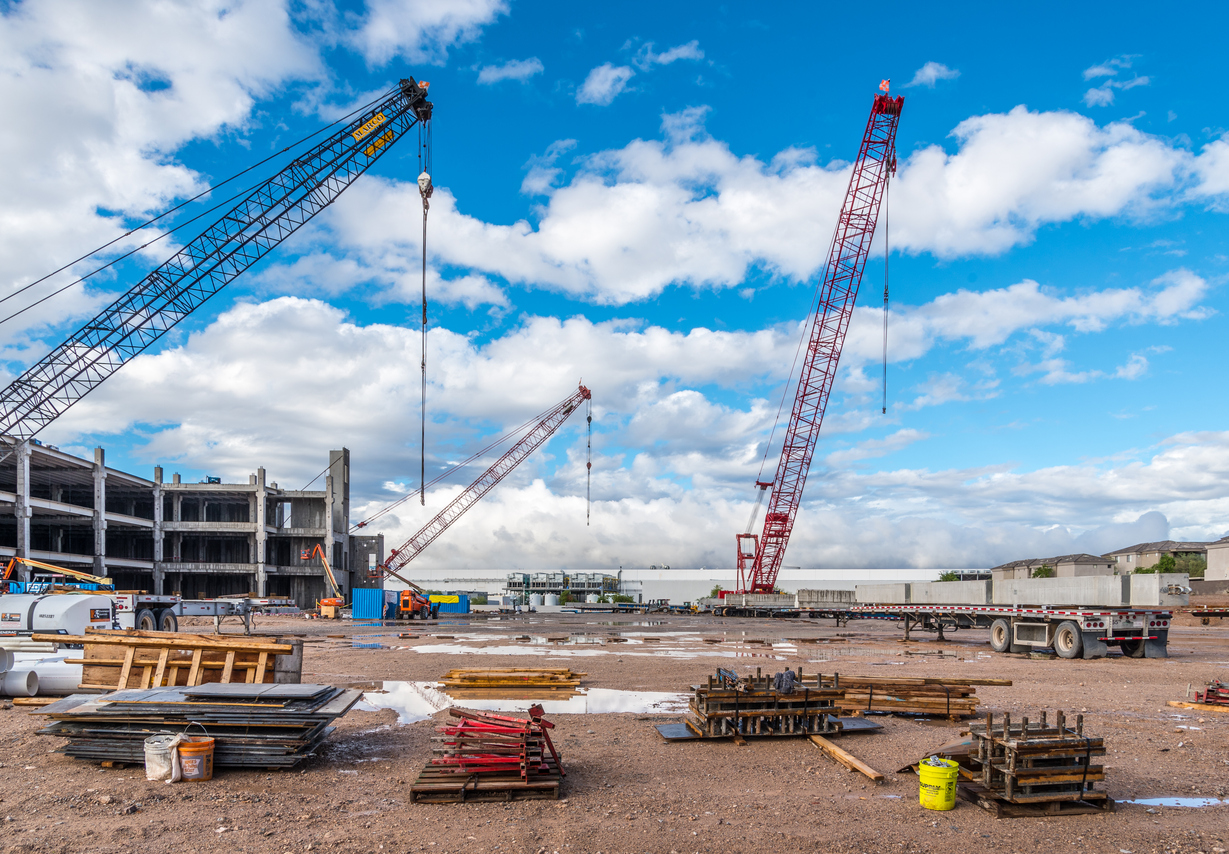Construction Companies Insurance – How Do You Know?
A construction company can evaluate whether they have good insurance coverage by assessing several key factors and regularly reviewing their policies. Here are some steps and considerations to ensure their insurance coverage is adequate:
1. Comprehensive Coverage
- Types of Insurance: Ensure you have all necessary types of insurance, such as General Liability, Workers’ Compensation, Equipment Insurance, Professional Liability, and Commercial Auto Insurance.
- Coverage Limits: Verify that the coverage limits are sufficient to cover potential claims and legal liabilities.
2. Specific to Industry Risks
- Tailored Policies: Make sure the policies are tailored to the specific risks associated with construction work, including property damage, bodily injury, and contractor errors.
- Specialized Coverage: Check for industry-specific coverage, such as Builder’s Risk Insurance, which covers damage to buildings under construction. Remove and replace with: Riggers / On-hook coverage that will cover the value of the item that is being lifted via equipment that is property of others and in your care, custody & control.
3. Policy Exclusions and Limitations
- Understanding Exclusions: Review policy exclusions and limitations to ensure there are no gaps in coverage that could leave the company vulnerable.
- Rider Policies: Consider adding rider policies to cover exclusions that are critical to your operations.
4. Claims History
- Claims Processing: Evaluate the insurance company’s claims processing efficiency and responsiveness.
- Claims Support: Look at past experiences with claims to ensure the insurer provides adequate support and quick settlements.
5. Risk Management Programs
- Proactive Measures: Implement strong risk management and safety programs to minimize incidents and claims.
- Insurance Credits: Check if the insurer offers credits or discounts for implementing robust safety protocols and training programs.
6. Financial Stability of the Insurer
- Reputable Providers: Choose insurers with strong financial ratings and reputations for reliability and stability.
- Longevity and Experience: Prefer insurance companies with a long history and experience in the construction industry.
7. Regular Policy Reviews
- Annual Reviews: Conduct annual reviews of all insurance policies to ensure they remain adequate as the business grows and changes.
- Policy Adjustments: Make adjustments based on changes in project size, scope, and risk exposure.
8. Legal and Regulatory Compliance
- Compliance with Laws: Ensure all policies comply with local, state, and federal regulations.
- Contract Requirements: Verify that coverage meets the insurance requirements stipulated in contracts with clients and subcontractors.
9. Consultation with Professionals
- Insurance Brokers: Work with experienced insurance brokers who specialize in construction to get expert advice and comprehensive coverage options.
- Legal Advisors: Consult with legal advisors to ensure that all potential legal liabilities are covered.
10. Benchmarking and Comparisons
- Industry Standards: Compare your insurance coverage with industry standards and peer companies to ensure you are adequately protected.
- Competitive Quotes: Obtain competitive quotes from multiple insurers to ensure you are getting the best coverage for the best price.
Indicators of Good Insurance Coverage:
- Adequate Coverage Limits: Ensures protection against significant financial losses.
- Comprehensive Coverage: Covers all major risks associated with construction.
- Responsive Claims Service: Provides efficient and effective claims handling.
- Affordable Premiums: Balances cost with the breadth and depth of coverage.
- Positive Reviews and Ratings: Reflects the insurer’s reliability and service quality.
By thoroughly evaluating these factors and regularly reviewing their insurance policies, a construction company can ensure they have good insurance coverage that adequately protects their business. For a complimentary review of your insurance contact the construction insurance specialists at New Heights Insurance.

